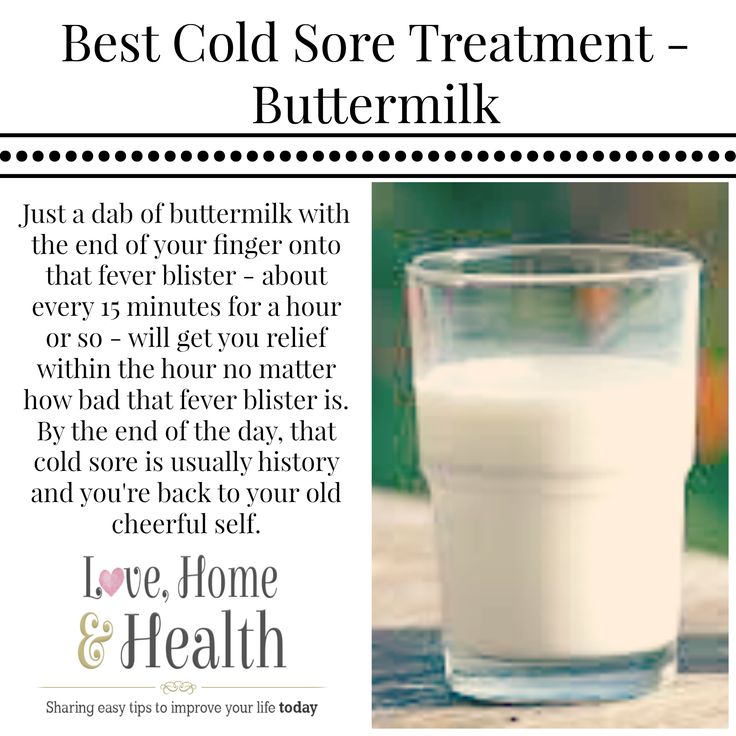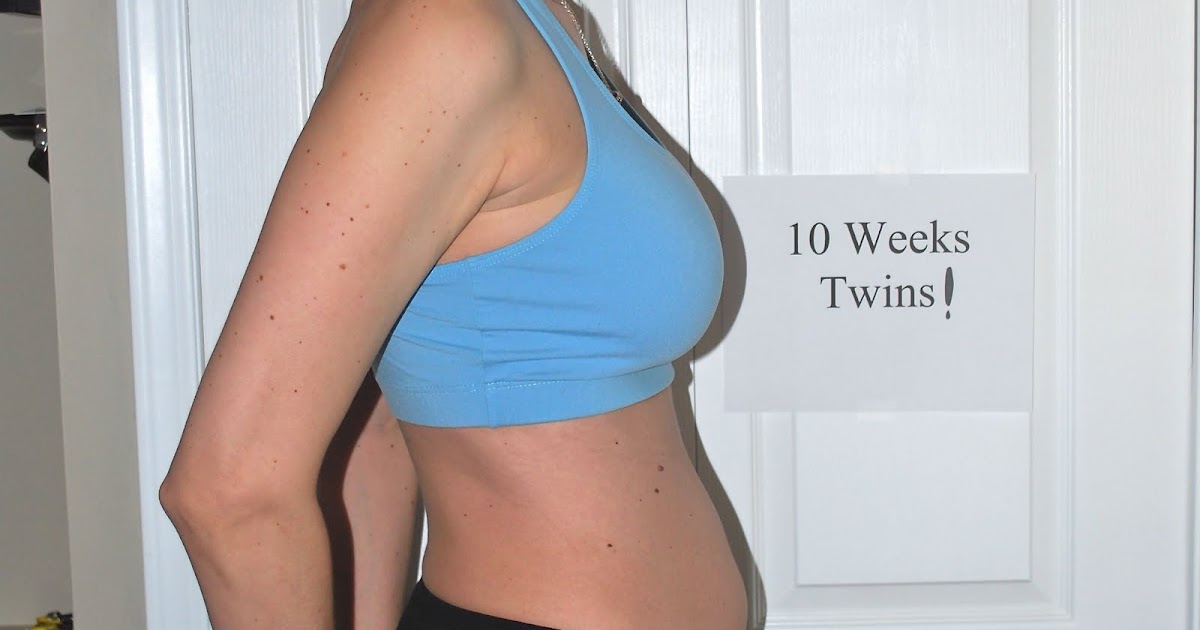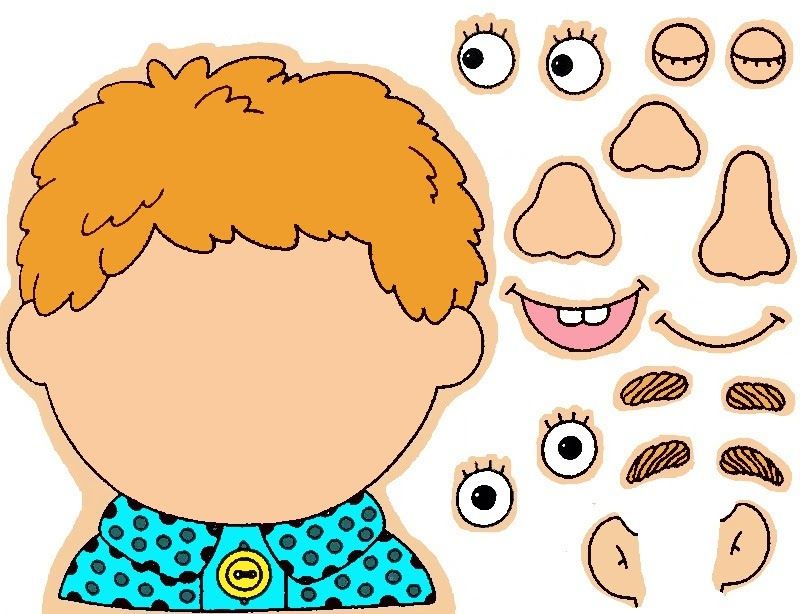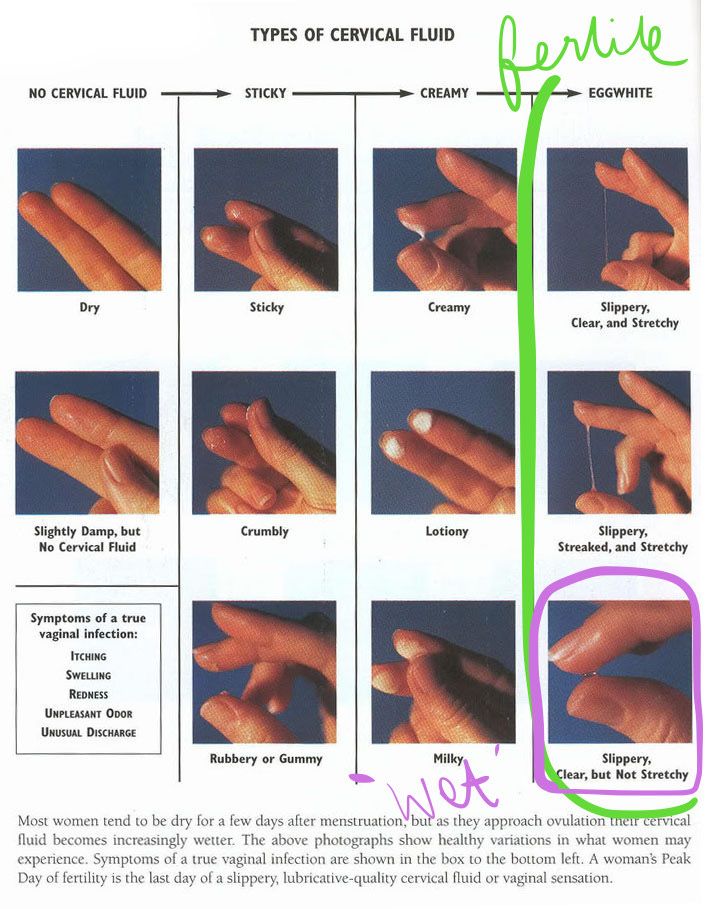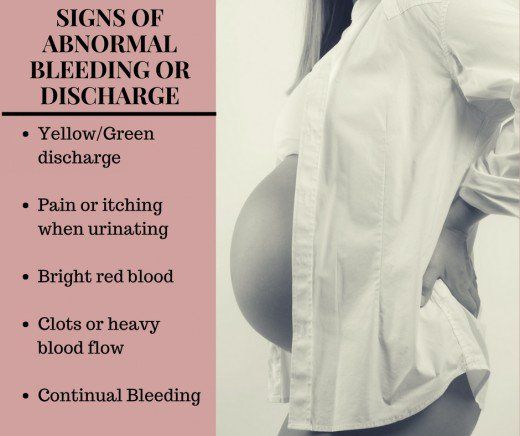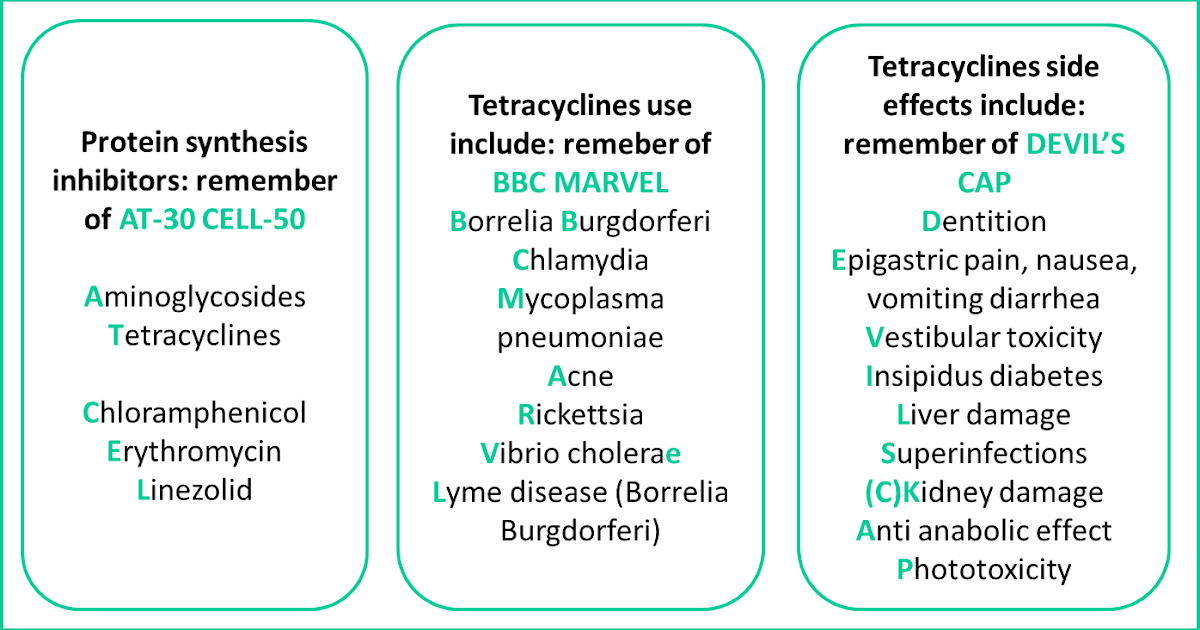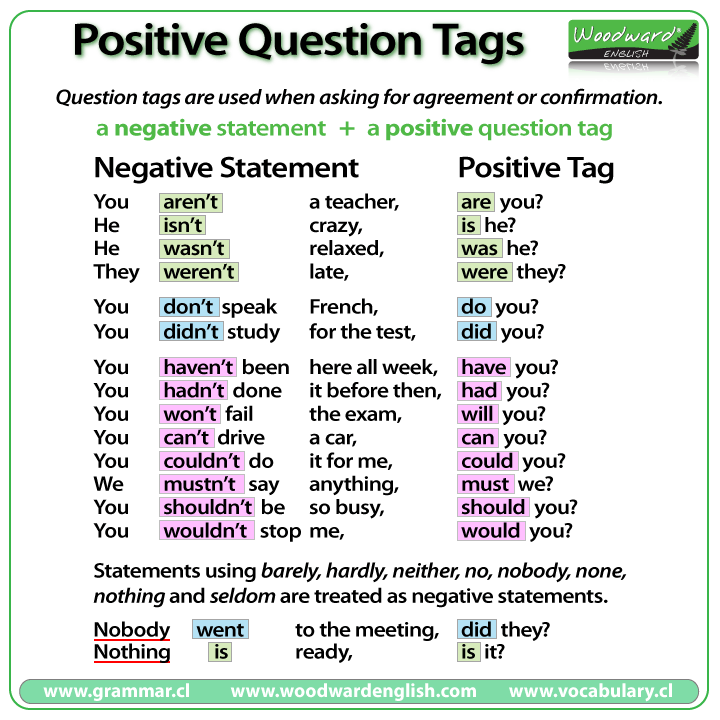Cold sores and newborns
Neonatal herpes (herpes in a baby)
Neonatal herpes is a herpes infection in a young baby. The younger the baby, the more vulnerable they are to the harmful effects of infection.
Herpes can be very serious for a young baby, whose immune system will not have fully developed to fight off the virus.
Neonatal herpes, which is rare in the UK, is caused by the herpes simplex virus. This virus is very common and causes cold sores and genital ulcers in adults.
Neonatal herpes can be prevented by following some simple advice.
How does a newborn baby catch herpes?
During pregnancy and labour
If you had genital herpes for the first time within the last 6 weeks of your pregnancy, your newborn baby is at risk of catching herpes.
There's a risk you will have passed the infection on to your baby if you had a vaginal delivery.
This risk is much lower if you have had genital herpes before.
After birth
The herpes simplex virus can be passed to a baby through a cold sore if a person has a cold sore and kisses the baby.
The herpes virus can also be spread to your baby if you have a blister caused by herpes on your breast and you feed your baby with the affected breast or expressed breast milk from the affected breast.
A baby is most at risk of getting a herpes infection in the first 4 weeks after birth.
You should not kiss a baby if you have a cold sore to reduce the risk of spreading infection.
Cold sores and other blisters caused by the herpes virus are at their most contagious when they burst. They remain contagious until completely healed.
What are the warning signs in babies?
Because newborn babies have underdeveloped immune systems, they can quickly become seriously ill after catching the virus.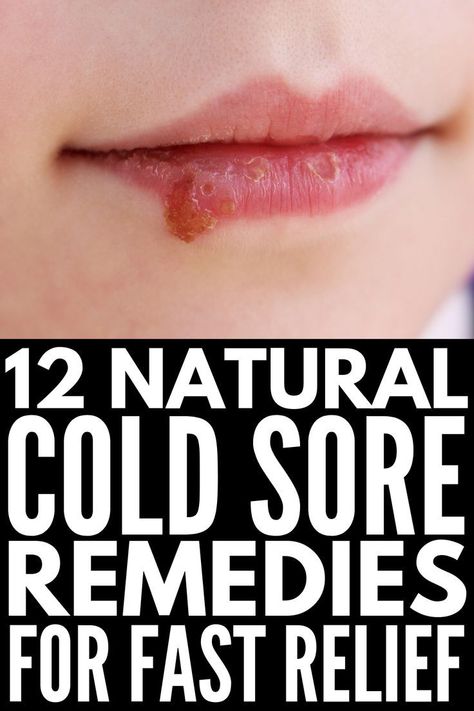
Call a GP or contact 111 straight away if your baby:
- is lethargic or irritable
- is not feeding
- has a high temperature (fever) – find out how to take your baby's temperature
- has a rash or sores on the skin, eyes and inside the mouth
These are early warning signs that your baby may be unwell.
Call 999 immediately if your baby:
- is lacking in energy (listless)
- is becoming floppy and unresponsive
- is difficult to wake up from sleep
- has breathing difficulties or starts grunting
- breathes rapidly
- has a blue tongue and skin (cyanosis) – if they have brown or black skin this may be easier to see on their lips, tongue and gums, under their nails and around their eyes
Very often the baby will not have any specific herpes symptoms, such as a rash.
But they can become unwell very quickly, so you need to act fast.
How is neonatal herpes treated?
Neonatal herpes is usually treated with antiviral medicines given directly into the baby's vein (intravenously).
This treatment may be needed for several weeks.
Any related complications, such as fits (seizures), will also need to be treated.
You can breastfeed your baby while they're receiving treatment, unless you have herpes sores around your nipples.
If you are taking antiviral treatment too, this can be excreted in your breast milk, but is not thought to cause any harm to your baby.
How serious is herpes for a baby?
Sometimes neonatal herpes will only affect the baby's eyes, mouth or skin.
In these cases, most babies will make a complete recovery with antiviral treatment.
But the condition is much more serious if it has spread to the baby's organs.
Many infants with this type of neonatal herpes will die, even after they have been treated.
If widespread herpes is not treated immediately, there's a high chance the baby will die.
How can neonatal herpes be prevented?
If you're pregnant and have a history of genital herpes, tell your doctor or midwife.
You may need to take medicine during the last month of pregnancy to prevent an outbreak of vaginal sores during labour.
Delivery by caesarean section is recommended if the genital herpes has occurred for the first time in the last 6 weeks of your pregnancy.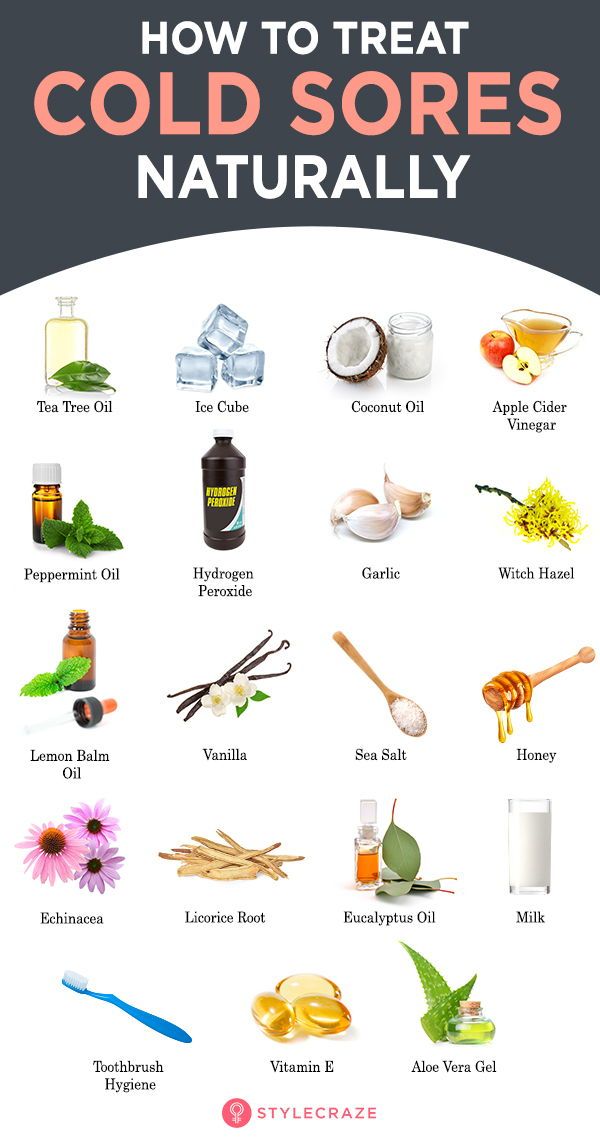
If you develop a cold sore or have any signs of a herpes infection, take these precautions:
- do not kiss any babies
- wash your hands before contact with a baby
- wash your hands before breastfeeding
- cover up any cold sores, lesions or signs of a herpes infection anywhere on your body to avoid passing on the virus
Support and advice if you have been affected
You may find these resources helpful:
- cold sores
- genital herpes
- Sands
- World Health Organization (WHO): herpes simplex virus
Page last reviewed: 03 March 2022
Next review due: 03 March 2025
Herpes Simplex Virus in the Newborn
Last Reviewed: October 2011
What is herpes simplex virus?
Herpes simplex virus (HSV) is a virus that usually causes skin infections.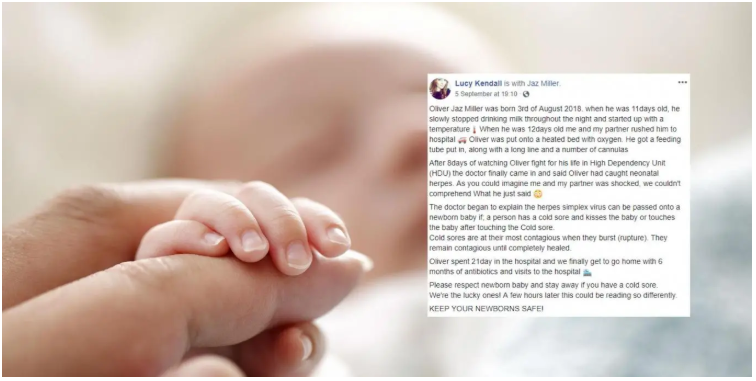 There are two types of HSV: HSV type 1 usually causes small blisters on the mouth, eye or lips (cold sores) and HSV type 2 usually affects the genital area. HSV infection in newborn babies can be very severe and can even cause death. This is because newborns' immune systems are not fully developed.
There are two types of HSV: HSV type 1 usually causes small blisters on the mouth, eye or lips (cold sores) and HSV type 2 usually affects the genital area. HSV infection in newborn babies can be very severe and can even cause death. This is because newborns' immune systems are not fully developed.
Who gets HSV and how is it spread?
- About 70 percent of all adults in the U.S. are infected with HSV-1 and may shed virus in their saliva at any time during their lifetime, even if they don't have symptoms like sores in the mouth or cold sores.
- Anyone can get either type of HSV. HSV-1 infection usually occurs in childhood, before age 5, from close contact with someone shedding HSV-1, often with cold sores.
- Most HSV infections in newborns are caused by HSV-2 that the infant catches from the mother's birth canal.
- Newborns can sometimes get HSV-1 from close contact with someone who is shedding HSV-1 virus in their saliva or has an active HSV-1 outbreak (cold sores).

What are the symptoms of HSV infection?
- Most people with HSV-1 can shed it in their saliva with no symptoms, or they may have a cold sore: a small fluid filled skin blister which breaks open, crusts over, and disappears in about 21 days.
- Infected newborns may have mild symptoms at first, such as low grade fever (100.4 degrees F., or more, rectally), poor feeding, or one or more small skin blisters. This can happen two to 12 days after HSV exposure. If any of these occur, notify your doctor immediately.
- Newborns can become very sick quickly with high fever and seizures, and may become lethargic (floppy).
- HSV infection in newborns can be very severe and can even cause death.
What is the treatment for HSV?
- Cold sores in children and adults don't need to be treated. Creams with anti-HSV medicine can treat cold sore symptoms, if necessary.
- Newborns with HSV require hospitalization for intravenous antiviral medication for 21 days.
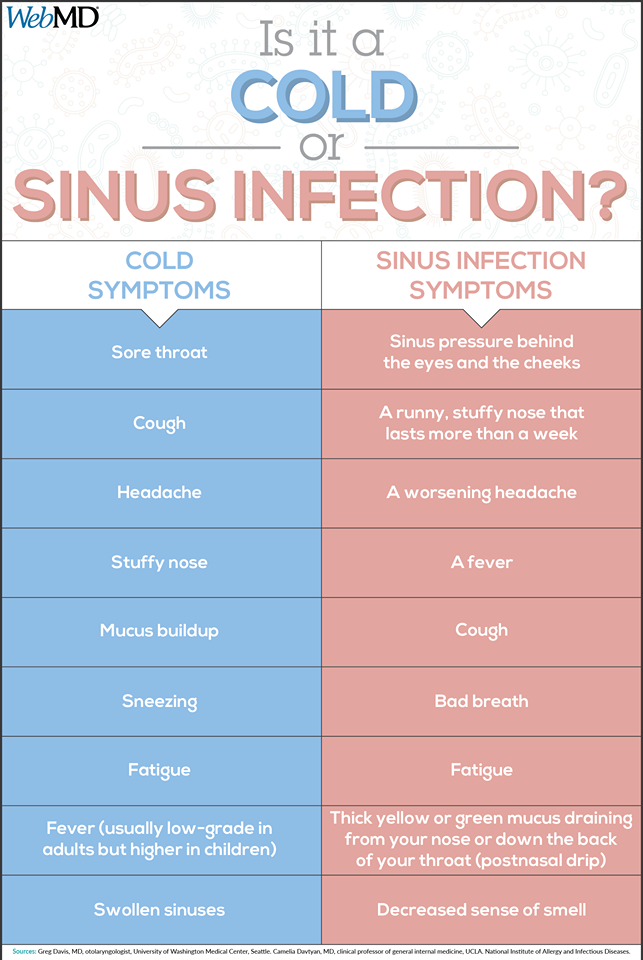 Even with this treatment, some newborns can suffer death or brain damage from HSV infection.
Even with this treatment, some newborns can suffer death or brain damage from HSV infection.
How can you prevent your newborn from getting HSV?
- If you are pregnant and have a history or signs and symptoms of genital HSV-2 infection, tell your doctor as soon as possible. A C-section delivery is recommended if a mother has an HSV-2 outbreak near the time of birth.
- Everyone should wash their hands before touching the newborn.
- Do not kiss your baby or let others kiss your baby if you or they have cold sores on the mouth or lips.
Care instructions (recommendations for parents and caregivers):
- Wash hands thoroughly with soap and water before touching the newborn.
- Contact your doctor immediately if there are any signs of HSV infection. These include low grade fever (100.4 degrees F., or more, rectally), poor feeding, irritability, and skin rash in the form of pimples or blisters, seizures or other similar symptoms that may develop within six weeks following birth.
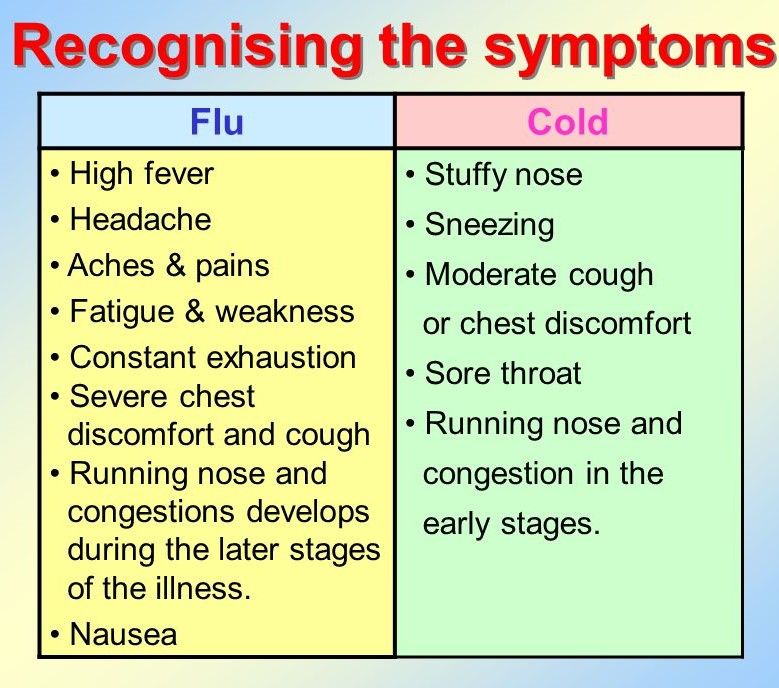
- All newborns should be seen by their health care provider between the first and third week of life.
Herpes in newborns | Mamovediya
Herpes in newborns | Mamovediya - about the health and development of the childHerpes in newborn babies today is by no means a rare occurrence.
Herpes is a very dangerous infection, especially for newborn babies, as it can lead to disruption of the functioning of the child's organs such as the brain, liver or lungs.
The danger of this infection for a newborn baby lies in the fact that it has a negative effect on the still very weak organism of the crumbs. nine0003
The baby can be infected with herpes both before birth and after, and most often the infection comes from the mother. This is due to the fact that in most cases, the baby's mother does not even suspect that she is a carrier of this virus, since herpes in the body can occur without any symptoms.
In the event that a newborn baby has herpes, the first symptoms of the disease will make themselves felt already in the first or second week of the baby's life. The most striking symptom of herpes in a newborn is a rash on the child's skin in the form of bubbles that are filled with liquid inside. In addition, with herpes in a newborn, discharge from the eyes and nose of the baby may appear. Also, specific secretions can be observed in the urine, cerebrospinal fluid and blood of the child, but in order to establish this, it is necessary to conduct a special analysis in the laboratory. nine0003
The most striking symptom of herpes in a newborn is a rash on the child's skin in the form of bubbles that are filled with liquid inside. In addition, with herpes in a newborn, discharge from the eyes and nose of the baby may appear. Also, specific secretions can be observed in the urine, cerebrospinal fluid and blood of the child, but in order to establish this, it is necessary to conduct a special analysis in the laboratory. nine0003
It is very important to detect herpes in a newborn in time and start treatment in time, because if this is not done, then there is a very high risk of developing such serious consequences as convulsions, inflammation of the liver, difficulty breathing, increased blood clotting. Unfortunately, with untimely treatment, in 85 cases out of 100 a newborn dies, but if the virus has spread only to the skin, eyes and mouth, then the risk of death is relatively low.
In order to treat herpes, newborn babies are prescribed antiviral drugs.
It is very important to remember that all drugs for the treatment of herpes in newborns must be selected and prescribed exclusively by a qualified doctor.
Articles on the topic "Herpes"
All about pregnancy Herpes Body care
Herpes on the lips during pregnancy
Herpes
How to treat herpes on the lips
Herpes
What do you need to know about herpes?
Herpes
Herpes in children up to a year
Herpes
Herpes in infants
Herpes
Herpes simplex in a child
Herpes: what to do
90?
Popular
Body care
Calluses on the feet. Water calluses Needle sticking and treatment
Education
Rules for raising children from 1 to 3 years
Acetonemia
The smell of acetone from the mouth of a child - what does it mean?
Feeding
Antibiotics and breastfeeding
Childbirth
Green water during childbirth - how dangerous is it?
Nutrition and daily routine
Nutrition of children in the second year
Problems of the first year of life Actual questions
Why does the child's hair grow badly? nine0003
Physical and mental development
Chair in newborns
Puberty
Puberty of boys - what should be said?
Runny nose
Stuffy nose.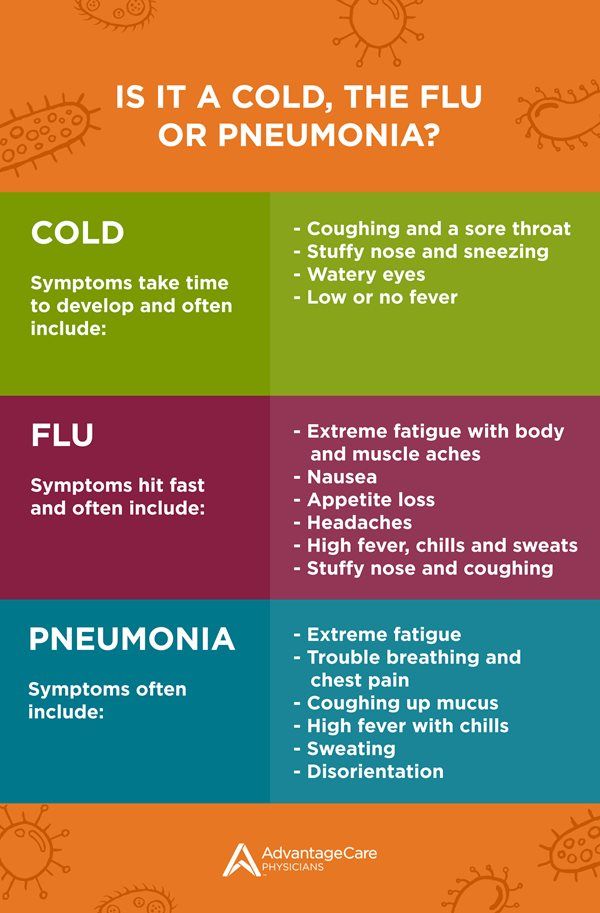 How to eliminate nasal congestion
How to eliminate nasal congestion
Herpes in children under one year old | Mamovedia
Herpes in children under one year old | Mamovedia - about the health and development of the childHerpes in babies is a fairly popular viral disease and, unfortunately, is very common in children under one year old. nine0017
The danger of herpes for a child under one year old is that this virus can infect any organs of the baby and have a negative impact on the functioning of the organs of the child's body.
Once in the child's body once, the herpes virus remains there for life. Some children are carriers of this virus, and its activation occurs only under the condition of certain factors. These factors include a weakening of the child's immune system, general hypothermia of the baby's body, stress or strong excitement, as well as a long course of antibiotic treatment. nine0003
The most common herpes simplex virus in children under one year of age. The very course of the disease in a baby is not severe, but the consequences and complications after the disease are dangerous.
The very course of the disease in a baby is not severe, but the consequences and complications after the disease are dangerous.
Infection with herpes in children under one year old most often occurs by airborne droplets or by contact, for example, from the mother.
Herpes in children under one year old is the same dangerous disease as herpes in newborn babies who were infected during fetal development.
It is sad that herpes in children under one year old can provoke the development of such serious complications as damage to the internal organs of the baby, disruption of the cardiovascular system of the baby's body, impaired vision or hearing, as well as neurological changes.
The main symptoms of herpes in children under one year old is the appearance of specific blisters on the baby's body with transparent contents. Most often, in young children up to a year, herpes affects the mucous membrane of the mouth, lips and the area of the nasolabial triangle.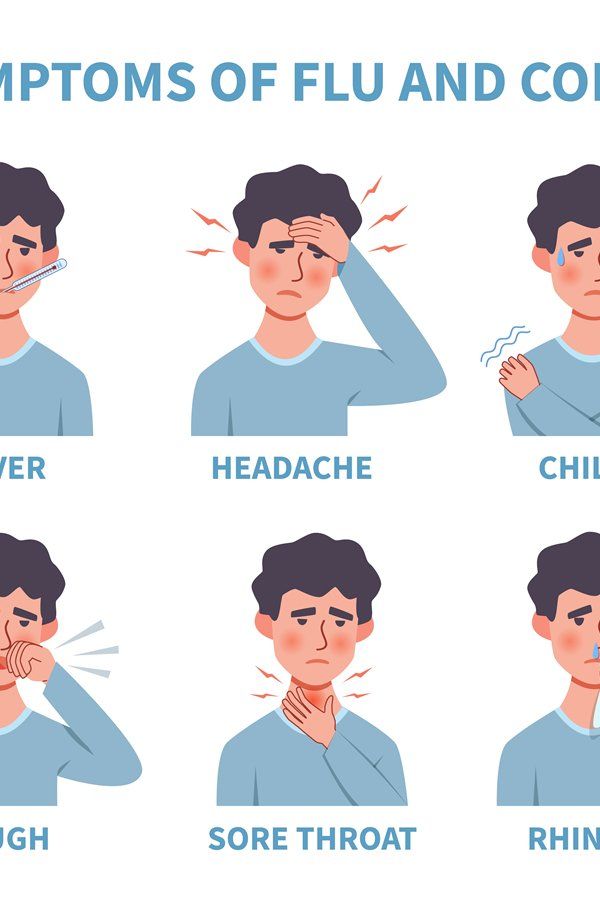 In this case, the child may experience an increase in body temperature. nine0003
In this case, the child may experience an increase in body temperature. nine0003
Herpes vesicles are painful enough for the baby, he may refuse to eat. Since the pain intensifies mainly at night, the child very often has a sleep disturbance.
Treatment of herpes in children under one year old is to destroy the virus in the baby's body and strengthen the immune system.
Articles on the topic "Herpes"
All about pregnancy Herpes Body care
Herpes on the lips during pregnancy
Herpes
How to treat herpes on the lips
Herpes
What you need to know about herpes?
Herpes
Herpes in newborns
Herpes
Herpes in infants
Herpes
Herpes simplex in a child
Herpes
pregnancy and herpes: what to do?
Popular
Body care
Calluses on the feet.